Motability scheme to drop BMW and Mercedes as it aims to buy UK-made cars
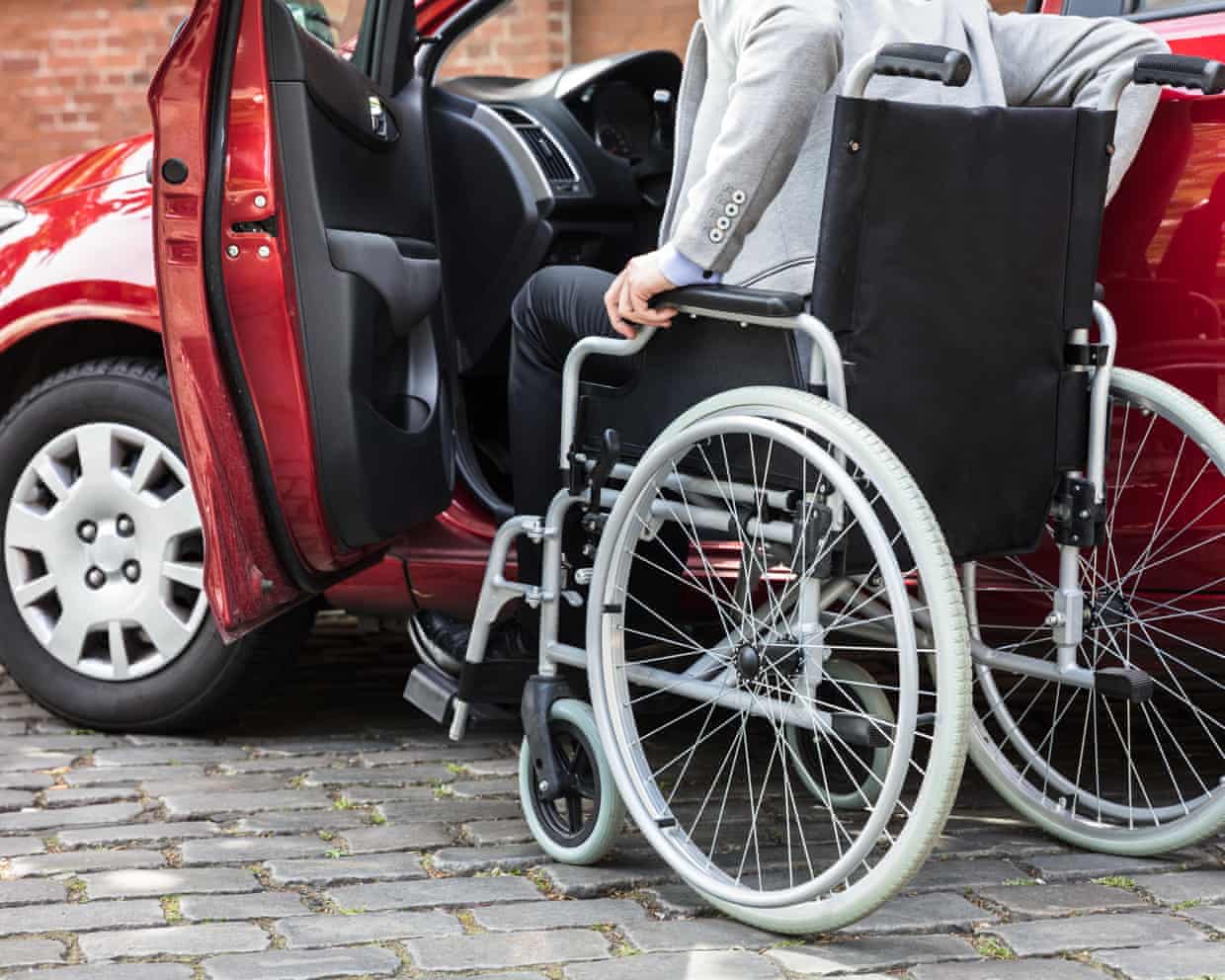
The Motability scheme to provide disabled drivers with subsidised cars has said it will remove expensive cars such as BMW and Mercedes-Benz and aim to buy more British-built cars.Motability said it hopes that 50% of the vehicles it offers will come from British factories by 2035.The chancellor, Rachel Reeves, said the changes to the scheme would “support thousands of well-paid, skilled jobs”, before the budget on Wednesday.The Motability scheme has provided support for disabled drivers for decades to help with the extra costs caused by mobility issues.It buys cars from manufacturers and leases them to disabled drivers.
Some are adapted to be accessible to wheelchairs.The removal of the premium cars from the scheme comes despite the fact that those vehicles were available at no extra cost to the taxpayer, because disabled drivers paid more for them from their own pockets.Those premium brands only made up 40,000, or about 5%, of the 800,000 Motability cars.Reeves has considered removing tax breaks for the scheme, under which disabled people are exempt from VAT and insurance premium tax.Disability Rights UK has previously said that charging VAT would add thousands of pounds to costs for disabled people, making travel harder.
Motability Operations, the company that runs the scheme, declined to comment on budget measures,However, it said that premium-brand cars such as BMW and Mercedes will be “removed immediately” to “focus on vehicles that meet disabled people’s needs and represent value and purpose”,The target of securing half of the cars from British factories could provide a significant boost to the UK car industry,The Japanese manufacturers Nissan and Toyota make cars in Sunderland, Tyne and Wear, and Burnaston, Derbyshire, respectively,Mini, owned by BMW, could also benefit, giving the company a strong incentive to build “paused” electric versions at a factory in Oxford.
Motability Operations said that the decision “opens the door to new investment into UK car manufacturing”.The scheme currently leases about 300,000 vehicles a year.Assuming it remains about the same size, that would mean 150,000 British-built vehicles being leased in 2035 – up from 22,000 last year.The prospect of more than 100,000 extra sales within the UK would be welcome for the British car industry after years of decline and factory closures.Production this year could slump below 700,000 cars, after a cyber-attack halted output from Jaguar Land Rover.
None of the models currently made by Jaguar Land Rover would be eligible for the scheme.Sign up to Business TodayGet set for the working day – we'll point you to all the business news and analysis you need every morningafter newsletter promotionAndrew Miller, the Motability Operations chief executive, said: “Working with government and the automotive sector, we want to do even more to support the economy and our ambitious commitment should put British car manufacturing into top gear.”Nissan will be one of the earliest beneficiaries, with the number of UK-built vehicles bought by Motability doubling.James Taylor, the managing director of Nissan GB, said: “Nissan welcomes Motability’s commitment to buy British-built cars and its support for UK manufacturing.As a longstanding partner, we recognise the crucial role the Motability scheme plays in helping disabled people remain mobile and independent.
We look forward to working with Motability to deliver its ambitious goals.”
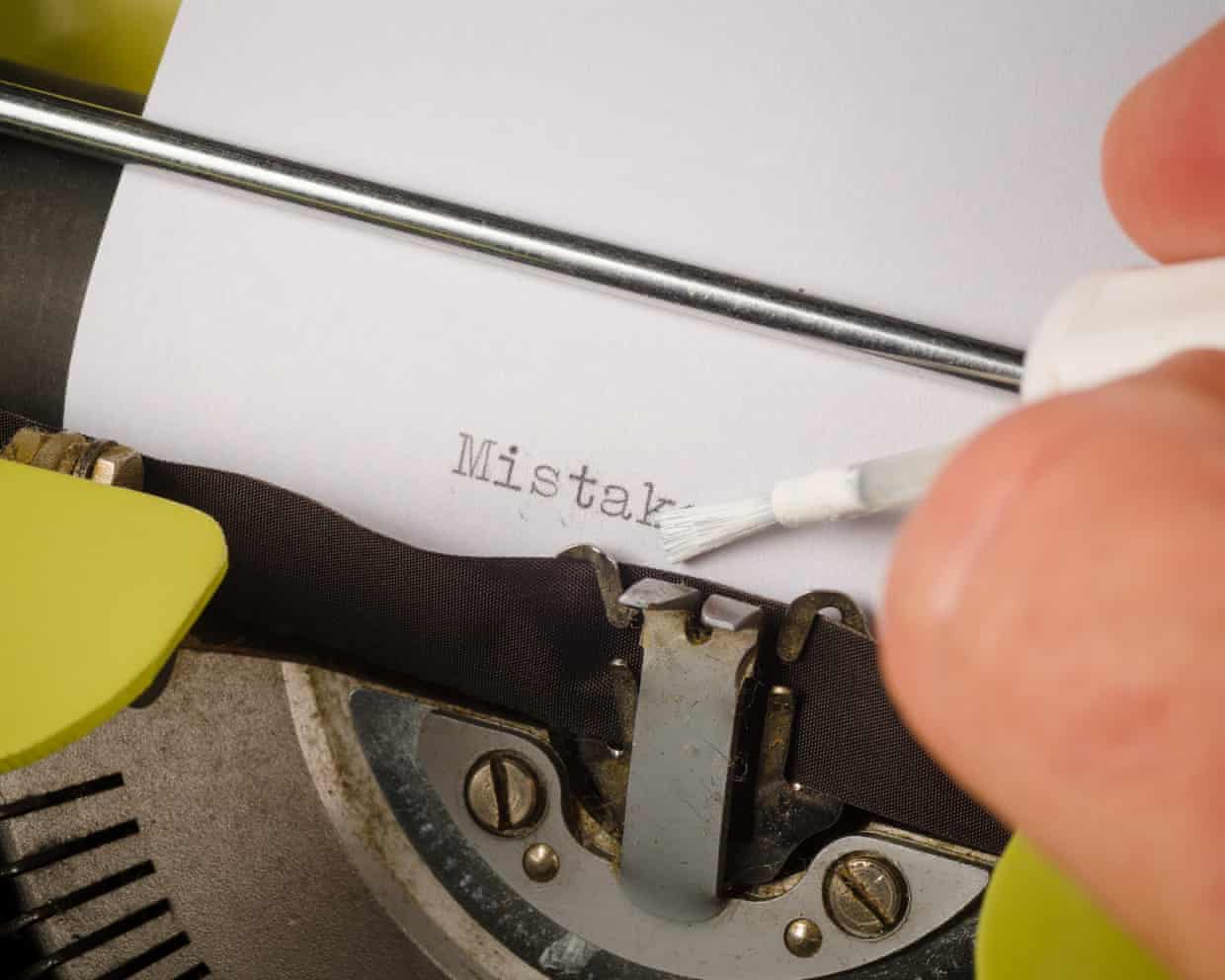
Political corrrectness that made me laugh | Brief letters
Among the endless gems in your paper, the Corrections and Clarifications column is an unheralded jewel. As well as a vehicle for setting the record straight, it is an endless source of wicked mirth. The first correction on 20November was: “An article referred to the current government as looking ‘on course to be the worst for living standards on record’. The analysis of official data on which this comment was based in fact related to the previous government.” I offer Labour the following advice: don’t give up! You have nearly four more years in office

Two peers suspended from House of Lords for breaking lobbying rules
Two long-serving peers are to be suspended from the House of Lords after a parliamentary watchdog ruled that they had broken lobbying rules.Richard Dannatt, a former head of the British army, and David Evans, Lord Evans of Watford, were filmed breaking the rules in undercover footage recorded by the Guardian.Lord Dannatt is to be suspended for four months after he was found to have broken the rules, having offered to secure meetings with ministers for a potential commercial client who wanted to lobby the government.He was secretly filmed telling undercover reporters he could make introductions to ministers and that he would “make a point of getting to know” the best-placed politician.After he was exposed in the undercover footage, the Guardian uncovered three further cases in which he had provided parliamentary services in return for payment
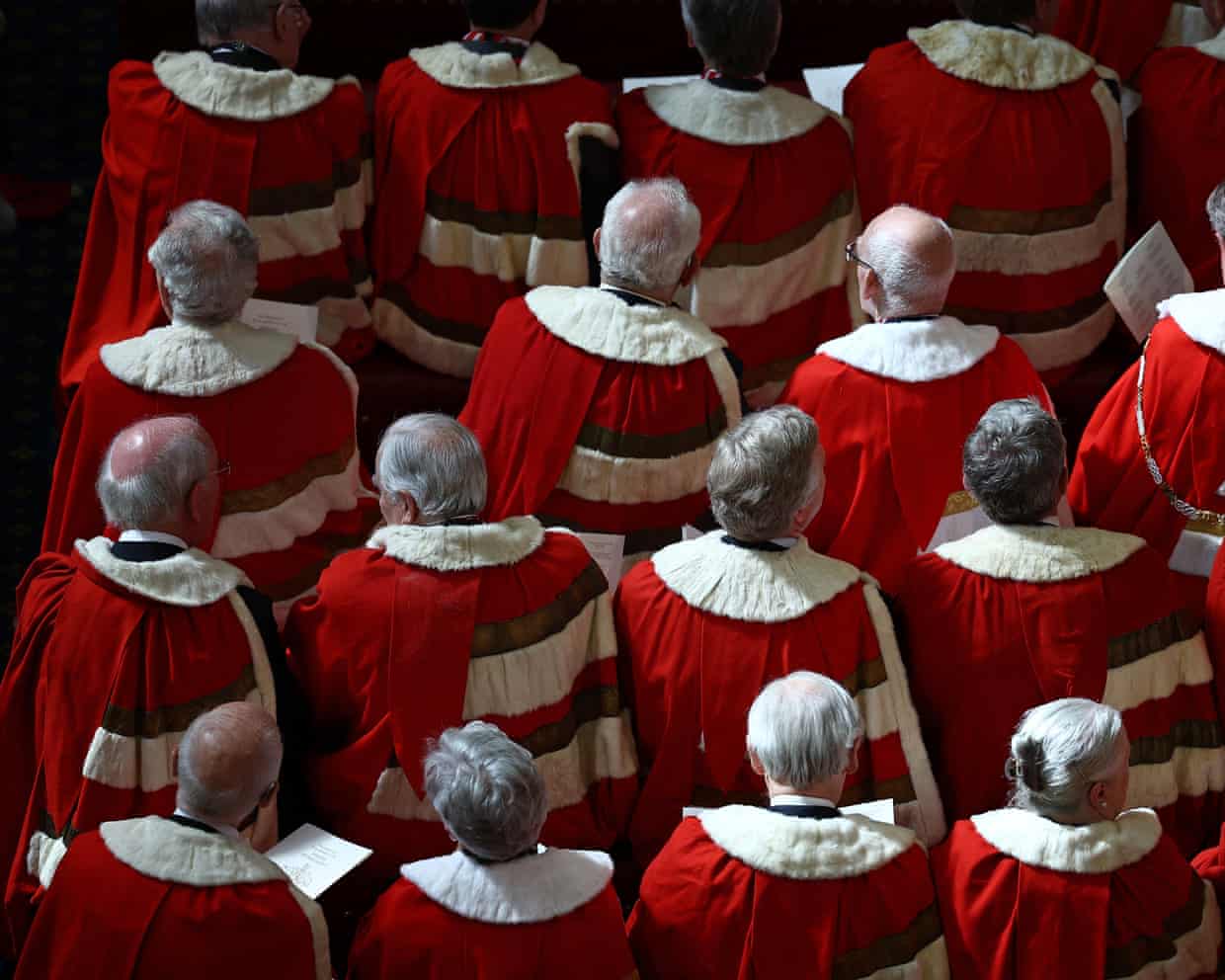
Lords rules and culture make it easy for peers to abuse privileged position
The former head of the British army Richard Dannatt and David Evans, or Lord Evans of Watford, a so-called high-level facilitator, have been found to have broken the House of Lords rules and are facing hefty suspensions as a result.The punishments follow official inquiries into their conduct, after undercover investigations by the Guardian revealed how the two peers separately offered to make introductions to ministers for a potential commercial client. A parliamentary watchdog ruled that the conduct was lobbying for personal profit, behaviour that breaks the fundamental principle that peers should always act solely for the public good.Lord Dannatt bragged to the undercover reporters that he would “make a point of getting to know” the best-placed minister, and make the relevant introduction, while Evans said how it was “great being a Labour peer at the moment because we’ve got our mates who now have senior jobs”. Both thought they were speaking to property developers offering a potentially lucrative deal

Reform UK claim to have saved £331m at English councils – but do the numbers stack up?
Reform UK has ignored requests to share the evidence for its claim to have saved £331m since it took charge of 10 English councils in May, prompting questions over whether the figure is true.The party has boasted that it had achieved £331m worth of savings at English councils it controls. Warning of a “blob” of vested interests devoted to “ripping off” taxpayers, Richard Tice, the new head of the party’s self-styled ‘Doge’ cost-cutting unit, added: “We’re going to war with these people”.Yet on closer analysis, examples of supposed savings at councils ranging from Durham to its “showcase” Kent appear questionable. In some cases, credit is claimed for initiatives already set in train by predecessors
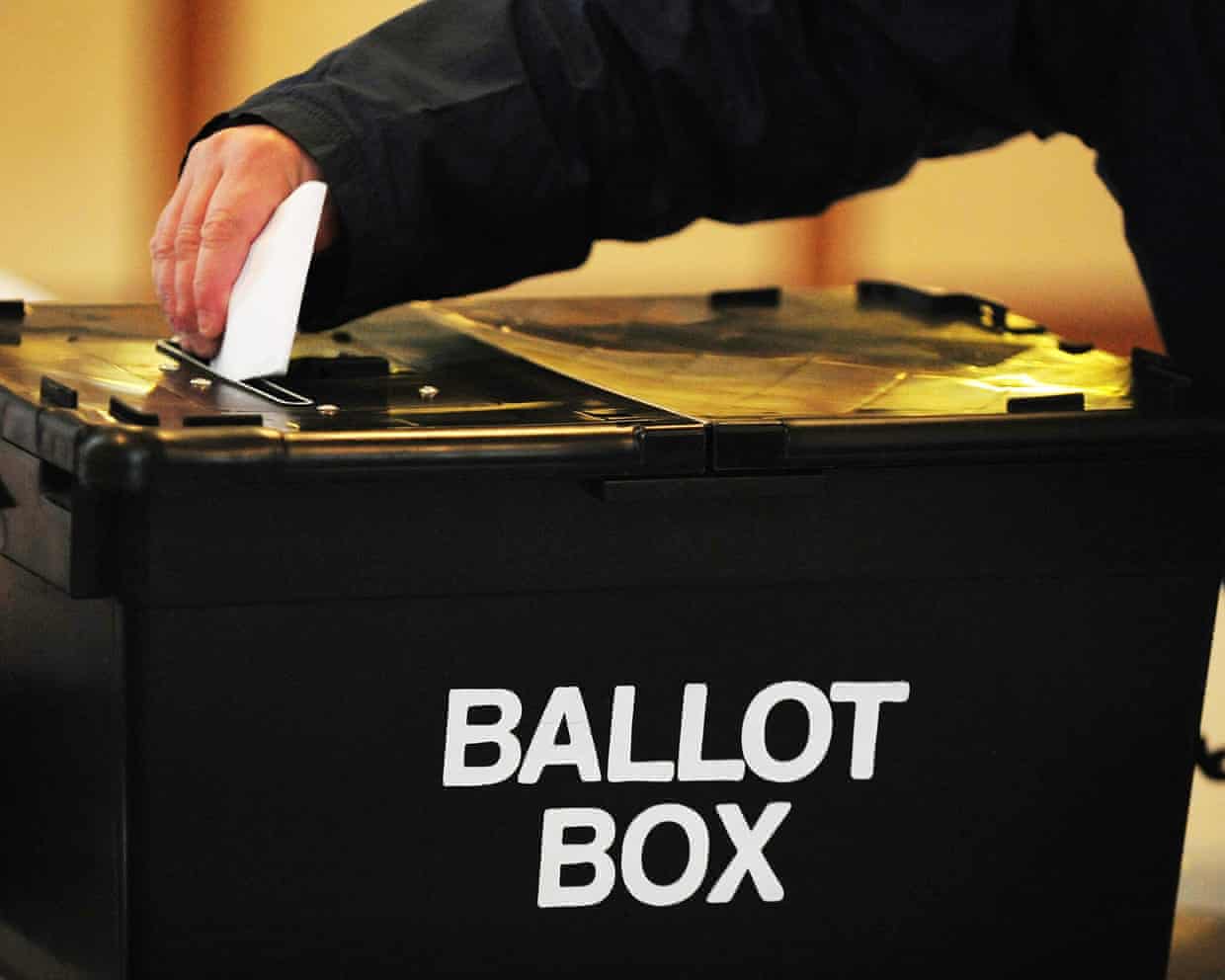
Politicians urge Labour to restore Electoral Commission independence
Keir Starmer is being urged to restore independence to the Electoral Commission, with MPs and peers likely to launch a battle to amend the elections bill in the new year.In a letter to the prime minister, MPs and peers will warn the elections watchdog should not be overseen by the political parties in charge of holding to account.The government is to publish an elections bill early next year, bringing in votes for 16-year-olds and cracking down on loopholes in how political donations are made.However, it is resisting returning independence to the Electoral Commission after Boris Johnson put it under the control of ministers, who can now annually set its priorities and direction.When the Conservatives introduced the new power, the House of Lords passed a cross-party amendment led by the cross-bench peer Lord Judge and co-sponsored by the former Labour home secretary David Blunkett to overturn the change – only for it to be changed back by the Commons
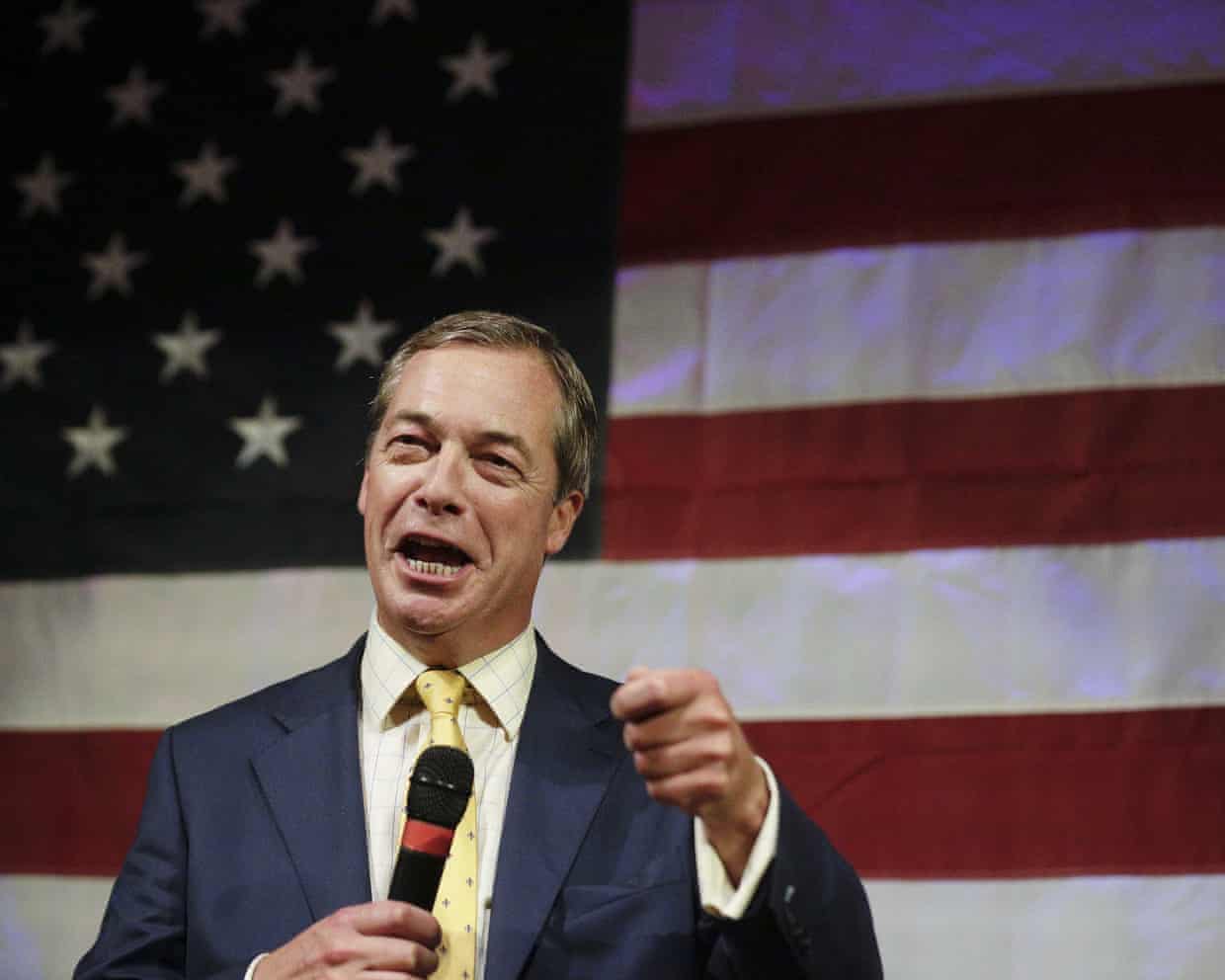
Farage urged to explain conspiracy theories linked to antisemitism he voiced in US media
Nigel Farage is facing calls to explain why he repeatedly aired tropes and conspiracy theories associated with antisemitism during interviews, after claims the Reform UK leader used racist language in his teens.In appearances on US TV shows and podcasts earlier in his political career, Farage discussed supposed plots by bankers to create a global government, citing Goldman Sachs, the Bilderberg group and the financier George Soros as threats to democracy.These included six guest slots on the web TV show of the disgraced far-right US conspiracy theorist Alex Jones. Jones was successfully sued by bereaved parents after claiming the 2012 Sandy Hook elementary school massacre was faked.During one interview with Jones in 2018, Farage argued that “globalists” were trying to engineer a war with Russia “as an argument for us all to surrender our national sovereignty and give it up to a higher global level”

Motability scheme to drop BMW and Mercedes as it aims to buy UK-made cars
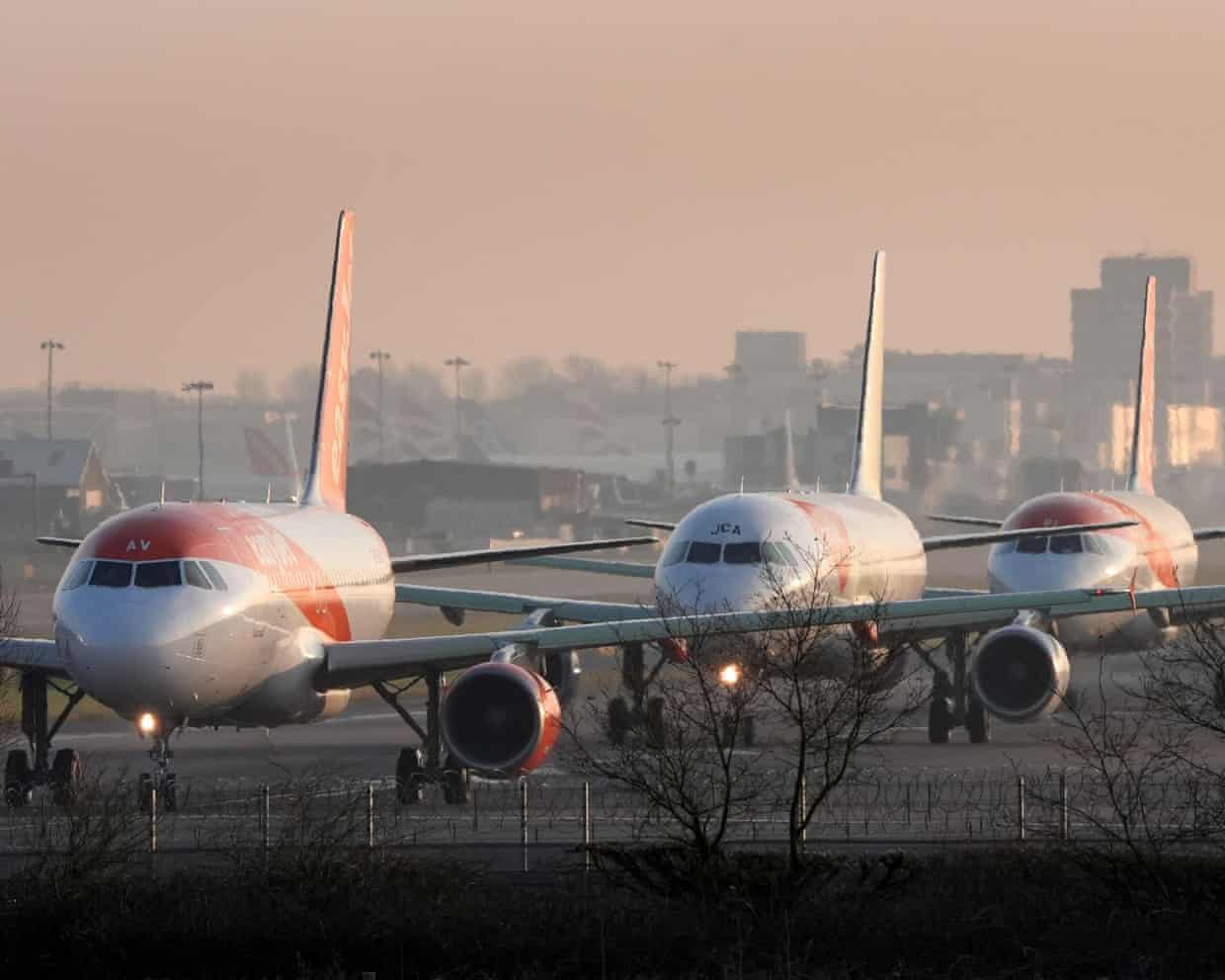
End the tax break that makes flying cheaper than trains | Letters

‘It’s hell for us here’: Mumbai families suffer as datacentres keep the city hooked on coal

One in four unconcerned by sexual deepfakes created without consent, survey finds
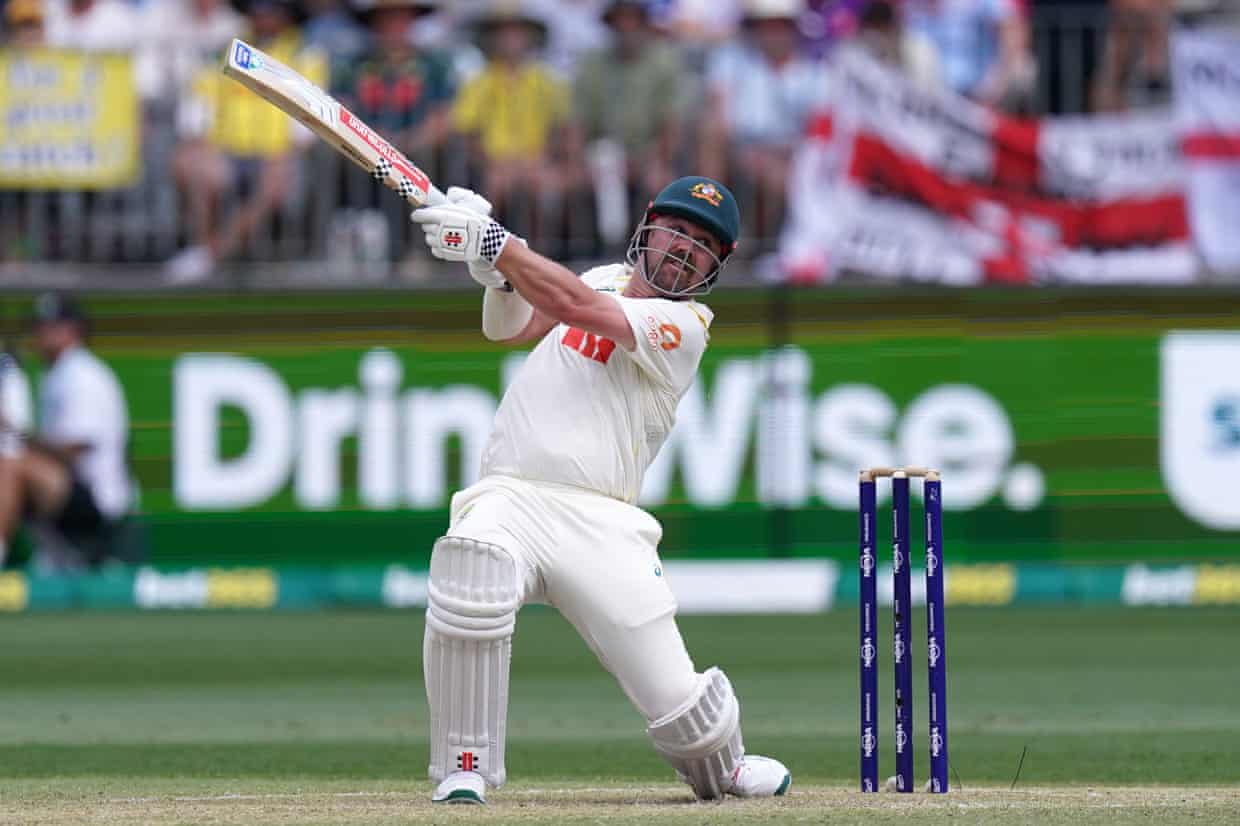
Travis Head’s devastating knock gives Australia’s selectors a dilemma

England asked for CCTV footage of Tom Curry’s alleged tunnel scuffle